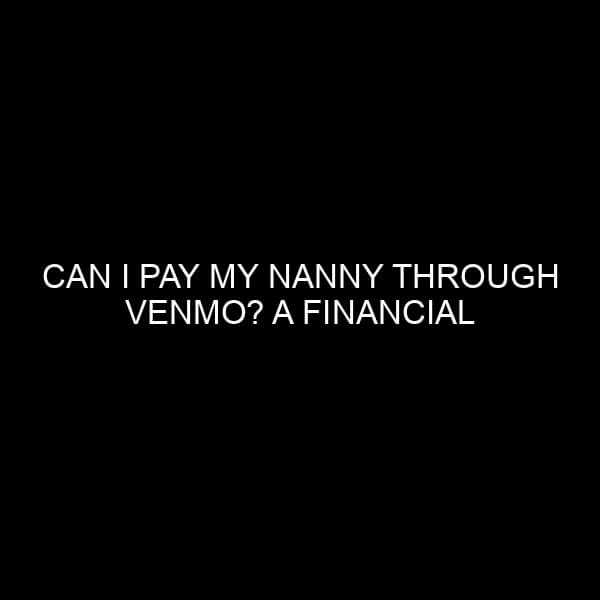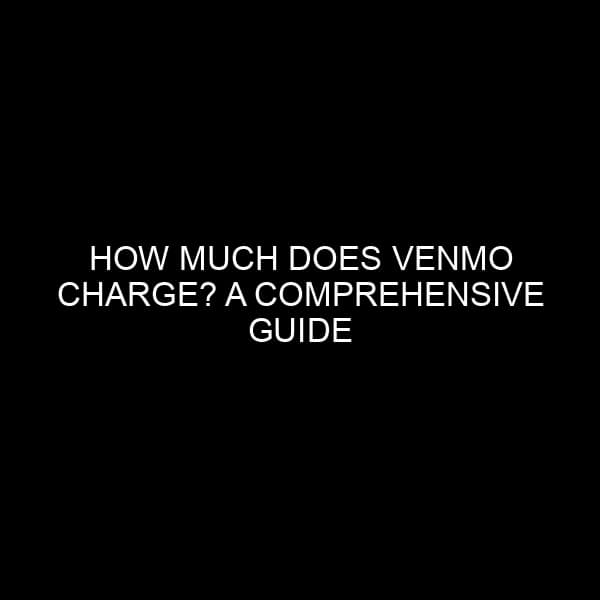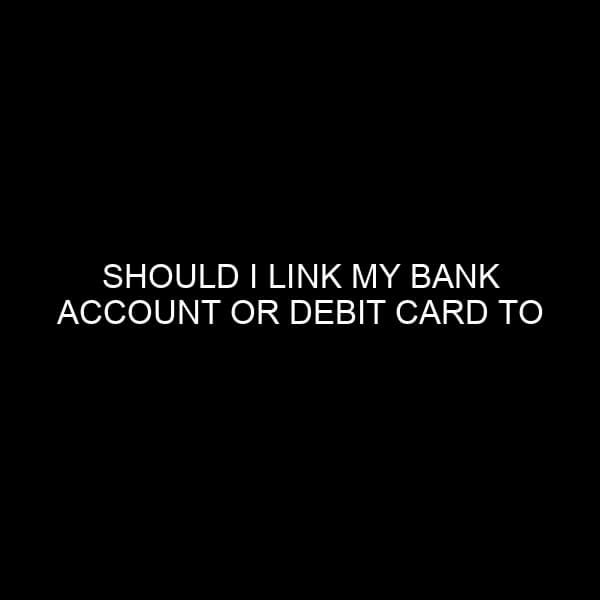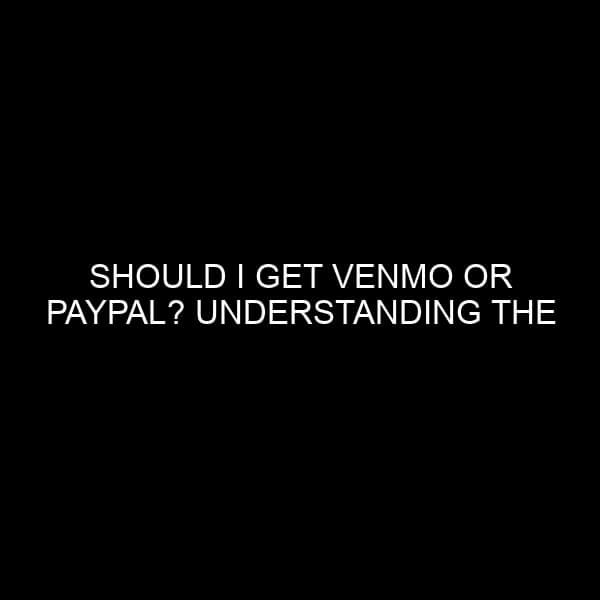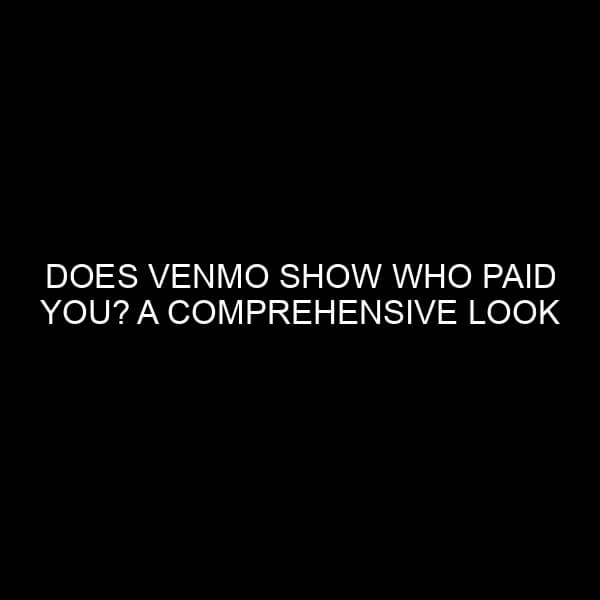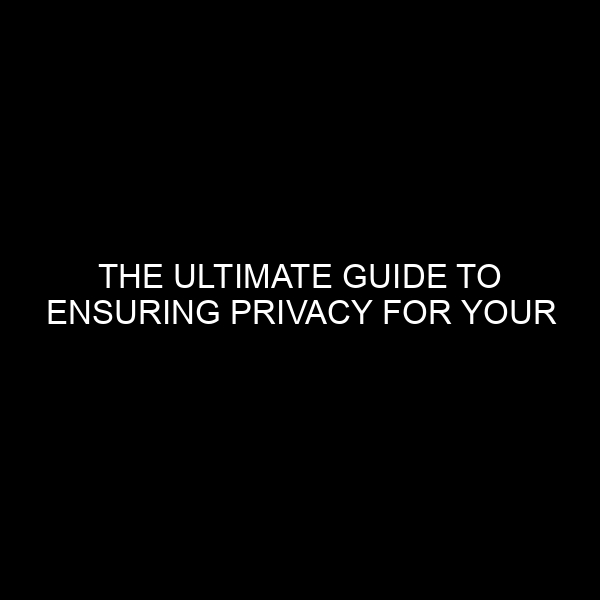Can I Pay My Nanny Through Venmo? A Financial Expert’s Insight
In today’s increasingly digital society, mobile payment platforms like Venmo have become indispensable tools for quick and easy financial transactions. From splitting the check at a restaurant to settling rent among roommates, Venmo’s simplicity has made it a go-to option for many. But when it comes to more official matters, like paying employees such as nannies, is Venmo the right choice? Let’s dive deep into this topic, examining the pros, cons, and critical considerations.
Understanding Venmo: A Quick Overview
Before we delve into specifics, it’s essential to understand what Venmo is and how it operates. Venmo, owned by PayPal, is a mobile payment service that enables peer-to-peer transfers with a few simple clicks. While primarily designed for friends and acquaintances to exchange funds easily, its applicability in more formal contexts, like payroll, is debatable.
The Pros of Using Venmo for Nanny Payment
1. Convenience
Unquestionably, Venmo’s most significant advantage is its convenience. Users can quickly transfer money without writing checks or making cash withdrawals. For many, this ease of payment can be a game-changer.
2. Instant Transfers
Venmo offers instantaneous transfers. If both the employer and the nanny have set up the service, payments can be made and received in real-time.
3. Digital Record Keeping
Every transaction on Venmo is recorded, providing a clear digital trail. This can be beneficial for record-keeping, especially when tracking payments over extended periods.
The Cons and Considerations
1. IRS and Tax Implications
One of the most critical aspects to consider when paying a nanny or any household employee is tax compliance. As per the IRS, wages paid to a nanny must be reported, and employers might be responsible for paying employment taxes. Using Venmo can muddle this process, especially if not appropriately documented. It’s vital to maintain clear records and possibly seek advice from a tax professional when using such platforms.
2. Venmo’s User Agreement
Venmo’s user agreement, as of my last update in 2021, specifies that it’s primarily designed for payments between friends and people who know each other personally. Using it for business transactions, including employee payments, might violate this agreement.
3. Security Concerns
Although Venmo employs high-level security protocols, there’s always some risk involved in digital transactions. Hacks, scams, and other cyber threats can potentially jeopardize your funds. It’s crucial to ensure both parties understand the platform’s security measures and follow best practices.
4. Lack of Payroll Features
Unlike dedicated payroll services, Venmo doesn’t provide features like tax withholdings, benefits management, or end-of-year documentation. If you’re relying on Venmo, you’ll need a separate system in place to manage these aspects.
Best Practices if You Choose Venmo
If you still decide to use Venmo for paying your nanny, here are some best practices to consider:
1. Keep Detailed Records
Always document payment amounts, dates, and purposes. This will help in case of any disputes or for tax reporting.
2. Create a Payment Agreement
Have a written agreement with your nanny outlining the payment terms, including frequency, amount, and any other pertinent details. This establishes clarity and trust between both parties.
3. Always Use the “Private” Setting
Venmo transactions can be public, shared with friends, or private. Ensure all payments are set to private to protect both your and your nanny’s financial privacy.
4. Regularly Review Your Account
Regularly check your Venmo account for any suspicious activity. This helps in early detection if there are any unauthorized transactions.
Conclusion
While Venmo offers undeniable convenience, using it for official payments like nanny salaries comes with its set of challenges. It’s essential to weigh the pros against the potential cons, and if you decide to use the platform, always follow best practices.
Given the complexity of tax compliance and other financial regulations, consulting with a financial advisor or tax professional before making a decision can be immensely beneficial. Remember, while digital platforms like Venmo can simplify our lives, it’s our responsibility to ensure we use them appropriately and legally.
